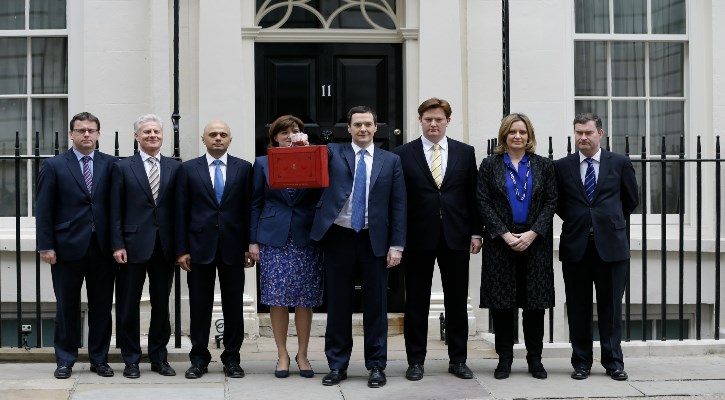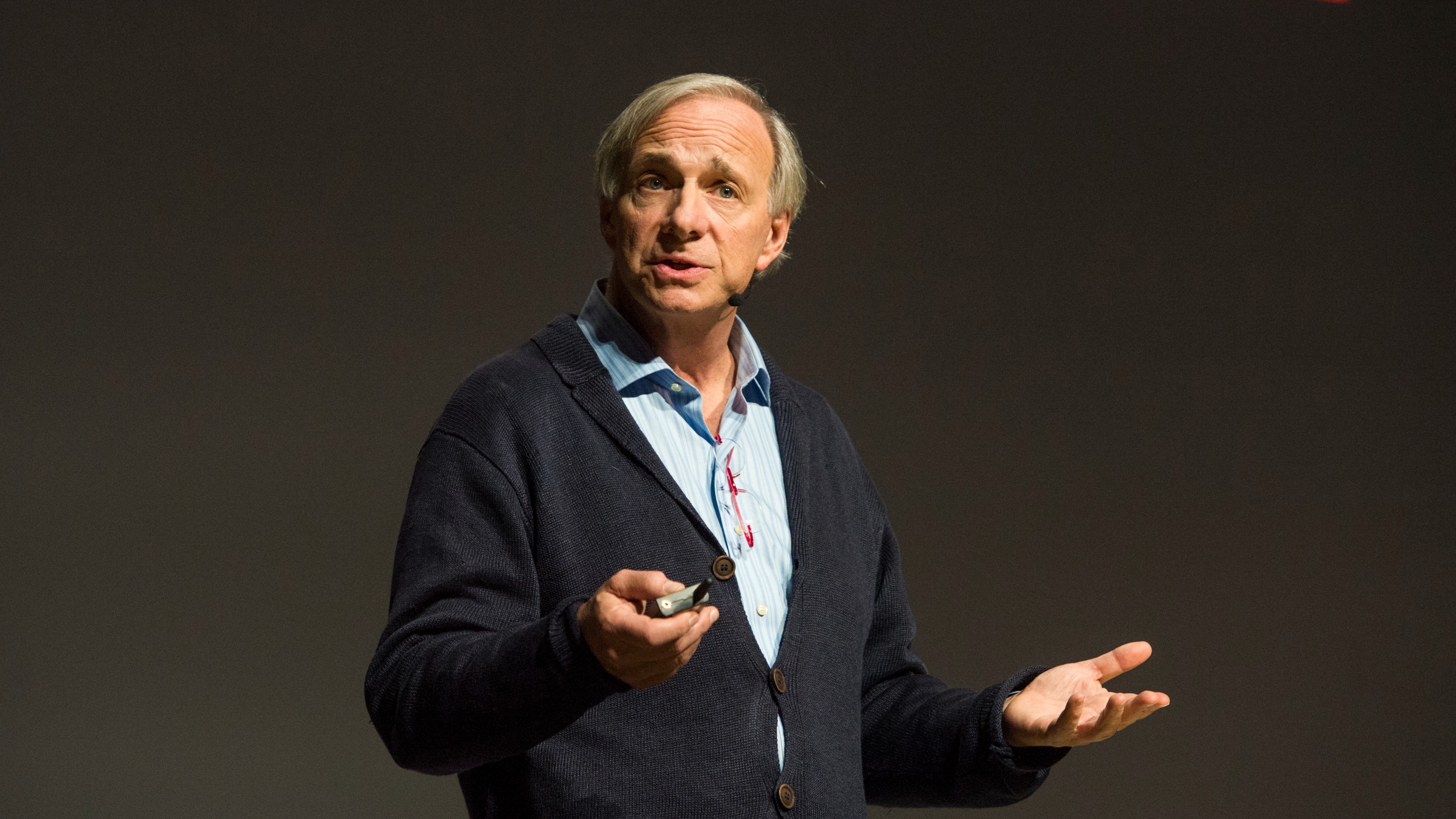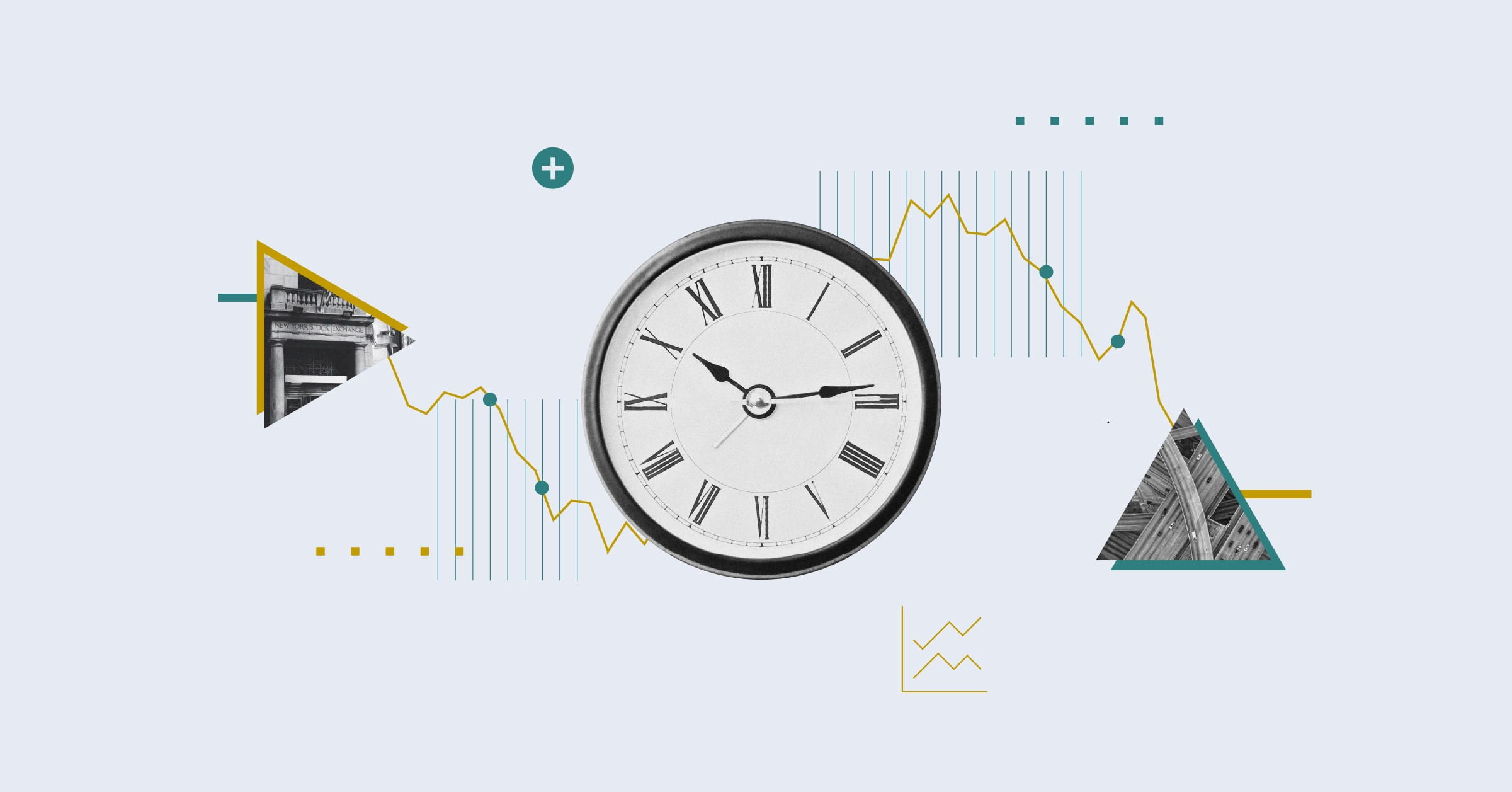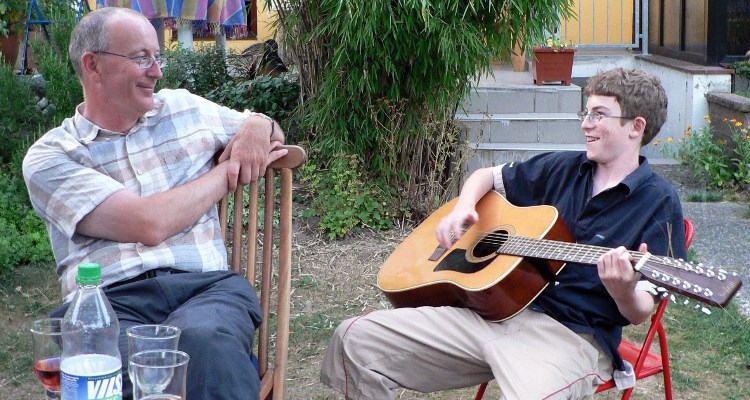
A few years ago, a study suggested Brits find it easier to talk about mental health than they do money. I can well believe it.
I’ve trained myself to talk about both, but the latter is in many ways harder. Even if you don’t feel the shame or embarrassment about money that some people do at times, though, you might find yourself preferring privacy regardless.
My father is one such person. I recall handing him a form from my geography teacher once, which he was supposed to fill in as part of an exercise about people’s jobs. Naturally, he refrained from filling the box marked “salary”. His scoffs were audible from the kitchen.
The other day he changed his tune. I was at my parents’ house for the weekend when, on Saturday night, he invited me to see his financial plan. I won’t reveal what was in it, but I learned three things.
The Best Financial Plans are Simple
Having himself taken financial advice from a local IFA several years ago, Dad was still able to articulate what that advice had been. Clearly it had been conveyed simply enough.
This pleased me, as I am naturally skeptical about my increasingly-elderly parents establishing any form of client relationship with strangers. In those situations, you are as relieved about what is not in the plan as what is.
Which leads me on to the plan itself. It was reassuringly simple. It relied on several assets, each with a pounds and pence valuation, and a date where they would or would not be in play, based on my parents’ annual income requirements.
I was also reassured to see that there were no massive bets. The success of the plan was not contingent on everything going right. There were at least two or three fallbacks. If truly all else failed, they could downsize.
Reassurance is Rare
I've used the 'R' word twice now. Reassurance is a precious commodity when it comes to money. As my guest in a short mini-series on financial literacy this week explained, money is one of those things that dominates our thoughts, and when things are really bad, it can cause serious stress that exacerbates other health problems. The NHS even has a page to help people identify money worries and take positive action.
I’m grateful to my Dad for showing me his plan because it reassured me that, in the event of his death, I would not be looking at his legacy for the first time. For sure, Dad was not arguing that arranging his affairs in his absence would ever be uncomplicated (banks and life companies do more than enough to stop that from happening), but I was pleased to see there was at least a map.
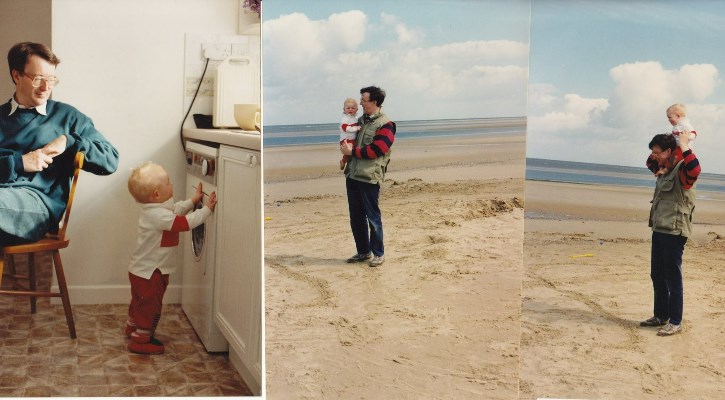
As the analogy suggests, this boils down to knowing where things physically are. Are all your policy documents, deeds, titles, wills, invoices--and indeed anything else an executor or family member may need to establish probate and settle someone’s affairs--in one place in your house? To his credit, these days my Dad is pretty on it with the old technology, but you don’t necessarily have to be a whizz. Having physical copies of records is very useful. And, if not passwords and logins written down, some record of which companies they deal with digitally.
Transparency is Infectious
Finally, I found Dad’s honesty quite infectious. I did not have as much to say about money as he did, as he has been investing for a lot longer, and is about to become a lot more dependent on his funds than I am. But the conversation did develop. We were soon discussing life insurance.
Briefly, I gave him a sense of what would happen to my policy payout were I ever to be hit by the proverbial bus, and who would benefit from it. Having had major health problems in my twenties, I learned early on as an adult that life can change on the spin of a sixpence. I do not have children (yet), but it’s important to me to leave something positive behind to the little people in my life if the worst happens.
Overall, the conversation was well overdue. It wasn’t entirely easy, but the emotional results have made life that little bit easier. It’s among the best time I’ve spent with my Dad. I hope he feels the same. Thanks Dad!
Ollie Smith is UK Editor at Morningstar










